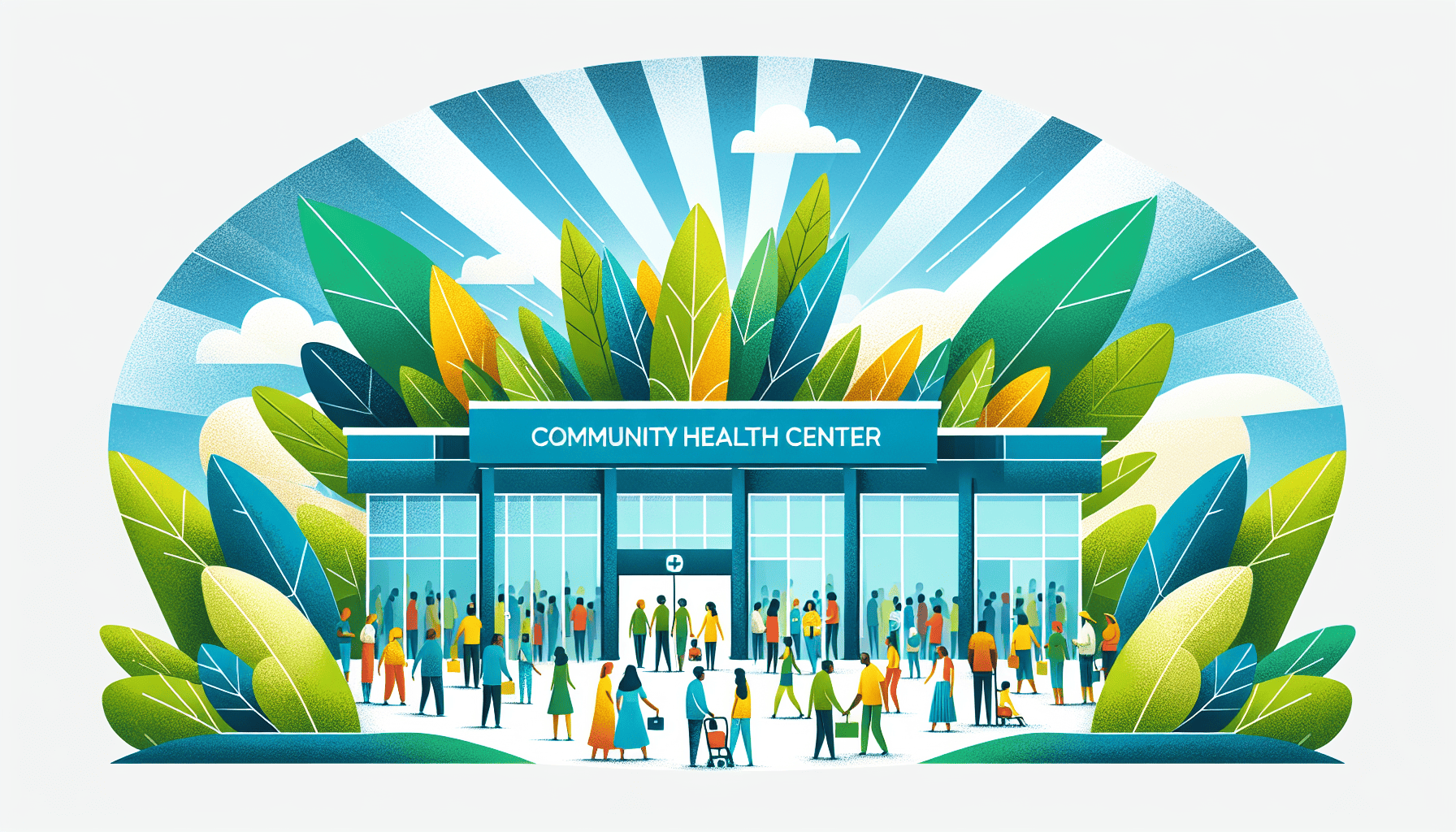Access to healthcare is a critical component of a well-functioning society, ensuring that individuals can maintain and improve their health, prevent and manage diseases, achieve longevity, and lead fulfilling lives. Yet, many communities continue to face significant barriers to accessing the healthcare services they require. Addressing these challenges is essential for improving the overall quality of life and promoting equity in health outcomes.
One of the primary barriers to healthcare access is financial constraints. For many individuals and families, the cost of healthcare services, including consultations, medications, and procedures, can be prohibitively expensive. Insurance coverage, or the lack thereof, often dictates whether individuals can afford the care they need. Expanding insurance coverage and reducing out-of-pocket costs through reforms like subsidies for low-income families or extending public healthcare options can be instrumental in alleviating financial barriers.
Geographical hurdles also play a significant role in healthcare accessibility. Rural and remote communities frequently encounter challenges due to the scarcity of healthcare facilities and professionals. Investing in telehealth technologies is a promising solution, allowing patients in remote areas to receive consultations and follow-up care without the need to travel long distances. Additionally, incentivizing healthcare professionals to work in underserved areas through loan forgiveness programs or competitive salaries can help bridge the gap in service availability.
Cultural and linguistic barriers further complicate healthcare access, particularly for minority and immigrant populations. Healthcare systems must strive to become culturally competent, acknowledging and respecting diverse cultural values and practices. This can be achieved by hiring bilingual staff, providing interpretation services, and offering patient education materials in multiple languages. Training healthcare professionals in cultural sensitivity and awareness is also crucial for improving communication and trust between providers and patients.
Healthcare support can be significantly enhanced through community-based initiatives that empower individuals and communities to take an active role in their health management. Programs that promote community health education, emphasize preventive care, and encourage healthy lifestyle choices can lead to better health outcomes. Community health workers, who serve as a bridge between healthcare systems and community members, can play a pivotal role in guiding residents to appropriate services and providing ongoing support and follow-up care.
Furthermore, public health policies must prioritize health equity, ensuring that efforts to improve healthcare access cater to the needs of the most vulnerable populations. This includes addressing social determinants of health, such as housing, education, and employment, which are closely linked to health outcomes. Collaborative efforts involving government agencies, non-profit organizations, and private sectors can be effective in developing comprehensive strategies that address these determinants holistically.
In summary, improving healthcare access and support for communities requires a multifaceted approach. By addressing financial, geographical, cultural, and systemic barriers, and by empowering communities through education and support, we can build a more inclusive healthcare system. This will not only enhance individual and public health but also ensure that all members of society have the opportunity to lead healthy and productive lives.
